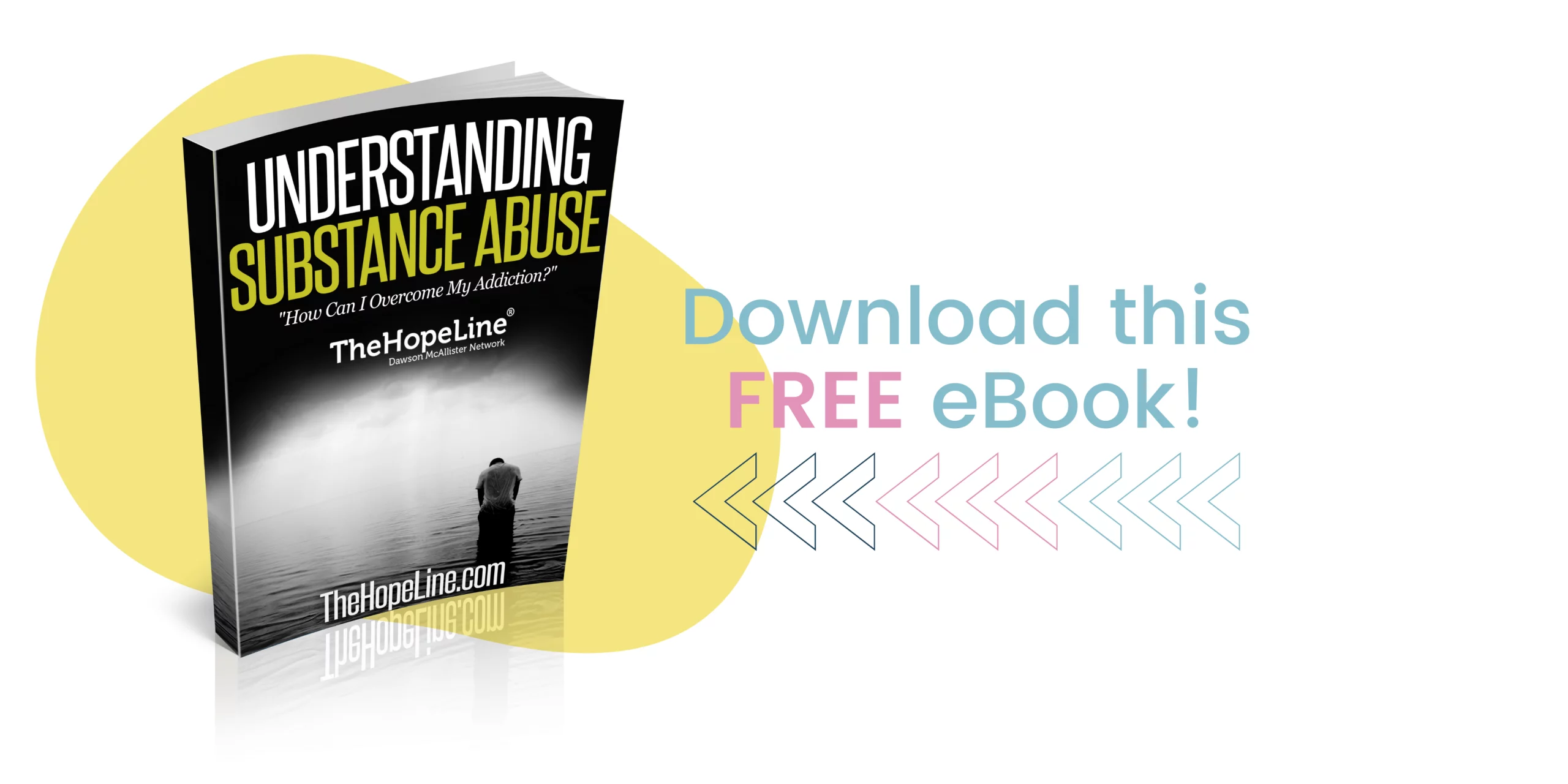Addictive Behavior
The reasons why people become addicted are complex and frustrating. If you or a loved one have suffered from the impact of addiction, it can be hard to understand why addiction happens. I know the feeling of being in pain or struggling and wanting to understand the source of that pain.
Most often, addictive behavior doesn’t have a single root cause. Instead, there are many factors that can influence someone’s choices to engage in substance abuse or other harmful behavior.
Here are some of the most common reasons you or a loved one may find yourself feeling stuck in a cycle of addiction.
Genetics
Depending on someone’s family history with addiction, the tendency toward addictive or compulsive behavior could be genetic. This doesn’t mean it is impossible to manage. But it may help lessen some feelings of guilt and shame that come along with addictive habits or relapses into addiction.
Isolation
If you have been physically, socially, spiritually, or emotionally isolated from your support system, you may resort to addictive behaviors to numb the pain or self-soothe. The connection between isolation and addiction is a key reason why addiction support groups can be very effective. It is also encouraging to know that simply calling someone to check in, or spending quality time with someone you care about, may go a long way toward discouraging addictive behaviors.
Unhealthy Coping
I’ve talked with a lot of people over the years about addiction. Often, part of the root of the problem is that their addiction seems like the “easiest” way to end their pain. Something like drinking to excess or drug use may seem to relieve the pain right away, but it does harm to your mind and body. Addictive behaviors also warp your perception of yourself and your ability to face challenges.
But here’s a truth I hope you find liberating. Many people living a life in addiction recovery have learned something about themselves: they are strong enough to cope with life’s challenges without drugs, alcohol, or self-harming behavior.
Finding healthy coping mechanisms to build into your routine in place of the unhealthy ones is a great first step. This could be anything from going on walks to journaling to spending time in quiet meditation. For some, turning to faith is an essential part of recovery.
Many recovering addicts have found great strength and encouragement in God’s unconditional love and forgiveness. While prayer and going to a place of worship may not stop addiction by themselves, they can be an important part of a healthier approach to the struggles of life.
Lacking Support
You’re doing the right thing: looking for answers to questions about addiction, so you can get help for yourself or your loved one.
And you may have told people who care about you what you’re facing. But friends and family are often not enough of a support system. Attempts to stay clean and sober are more likely to fail without expert support from qualified people like counselors, therapists, and dedicated addiction recovery groups.
Luckily, the information you need to start building a strong support network is at your fingertips, starting here. You can talk to a HopeCoach at TheHopeLine if you need help finding resources, answering questions, or getting more information about recovery. We are here for you, and we believe in you.
To the person who is dead serious about recovery from addiction, whether it's cutting, gambling, drugs, eating disorders, etc., there is hope. Find out more here.



